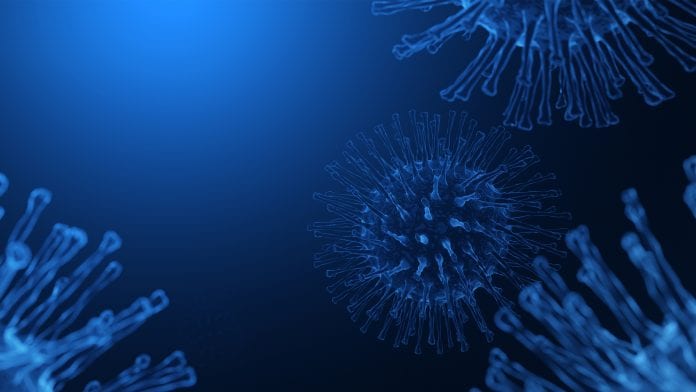
Researchers have developed a new all-in-one COVID-19 test which provides a solution for detection and surveillance of viruses that could help mitigate COVID-19 infection spread.
Currently, separate testing and workflows are needed for identifying COVID-19 cases, tracking variants, and detecting co-infecting viruses, with analysis taking place in specialised laboratories. A team of researchers at KAUST have now combined these testing assays into a single procedure that could lead to point-of-care tracking of COVID-19 and its variants.
Stem cell biologist Mo Li, who led the study, said: “Our all-in-one test provides a promising integrated solution for rapid field-deployable detection and mutational surveillance of pandemic viruses.”
Point-of-care testing
The newly developed test is a portable, briefcase-sized miniature laboratory which takes advantage of recombinase polymerase amplification, a recent genetic method, as well as a next-generation portable sequencer in order to quickly detect the presence of viral sequences and provide read-outs in up to 96 patient samples at a time. In collaboration with researchers from Saudi Arabia, the United States, and Spain, Li’s team designed the test to decode five segments of the SARS-CoV-2 genome, each chosen to help guide variant tracking. They also incorporated assays for three common respiratory viruses that can cause symptoms similar to COVID-19.
The team validated the technique — termed ‘NIRVANA’ — using nose and throat swabs from people suspected of having COVID-19 infections and tested wastewater samples collected from municipal sewage at KAUST to show how the method could allow for population-level surveillance of SARS-CoV-2 and other viruses.
“NIRVANA can rapidly diagnose multiple viral infections in a high-throughput manner,” said Chongwei Bi, a Ph.D. student in Li’s lab. “It can simultaneously detect the virus and report its mutations.”
The team are now working to refine the NIRVANA platform for large-scale deployment.
One limitation of the test is that it can only detect SARS-CoV-2 mutations in selected genomic regions, and as new variants of concern keep cropping up around the world, those regions might need to be updated to reflect the evolving nature of the virus.
























